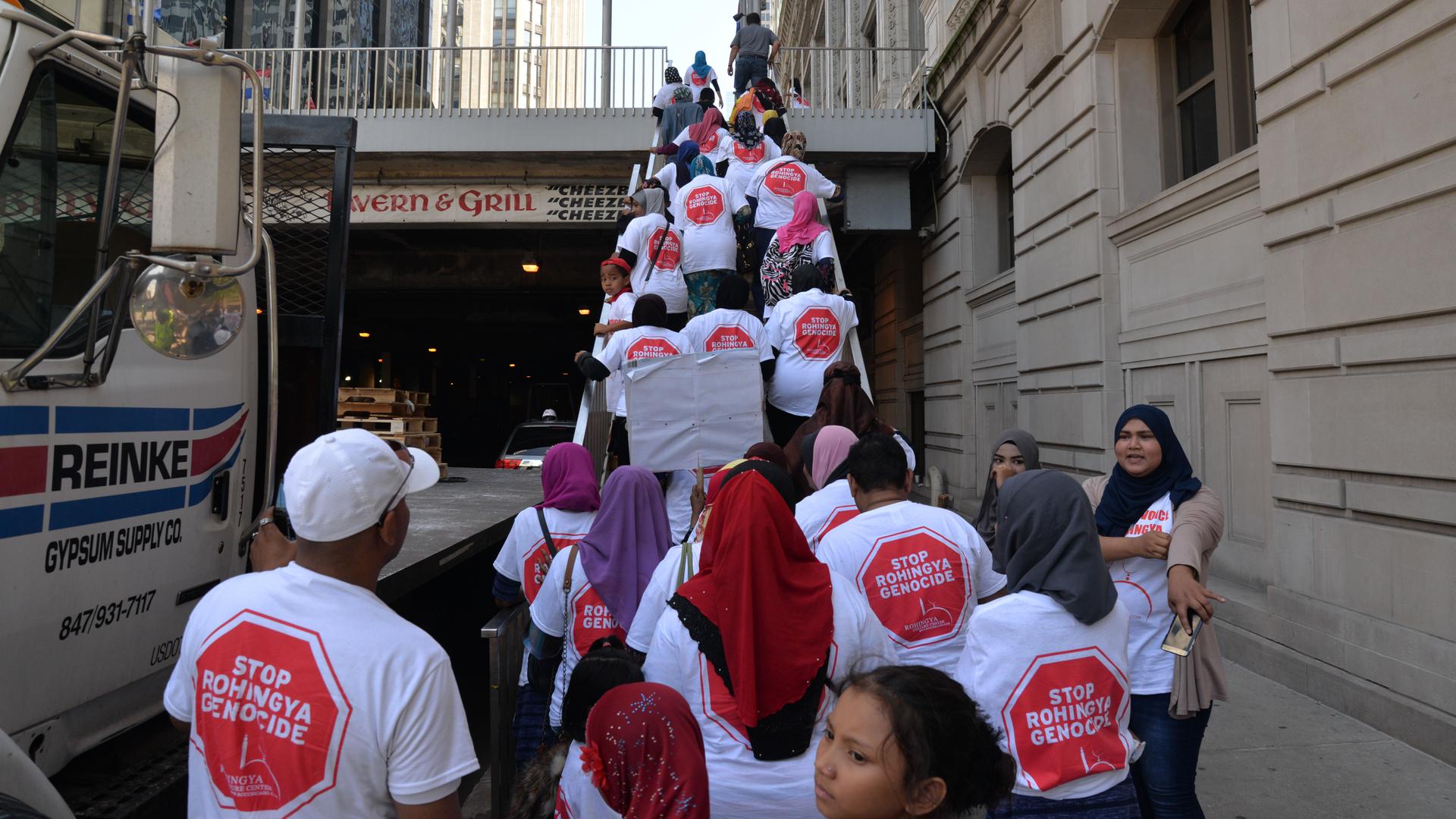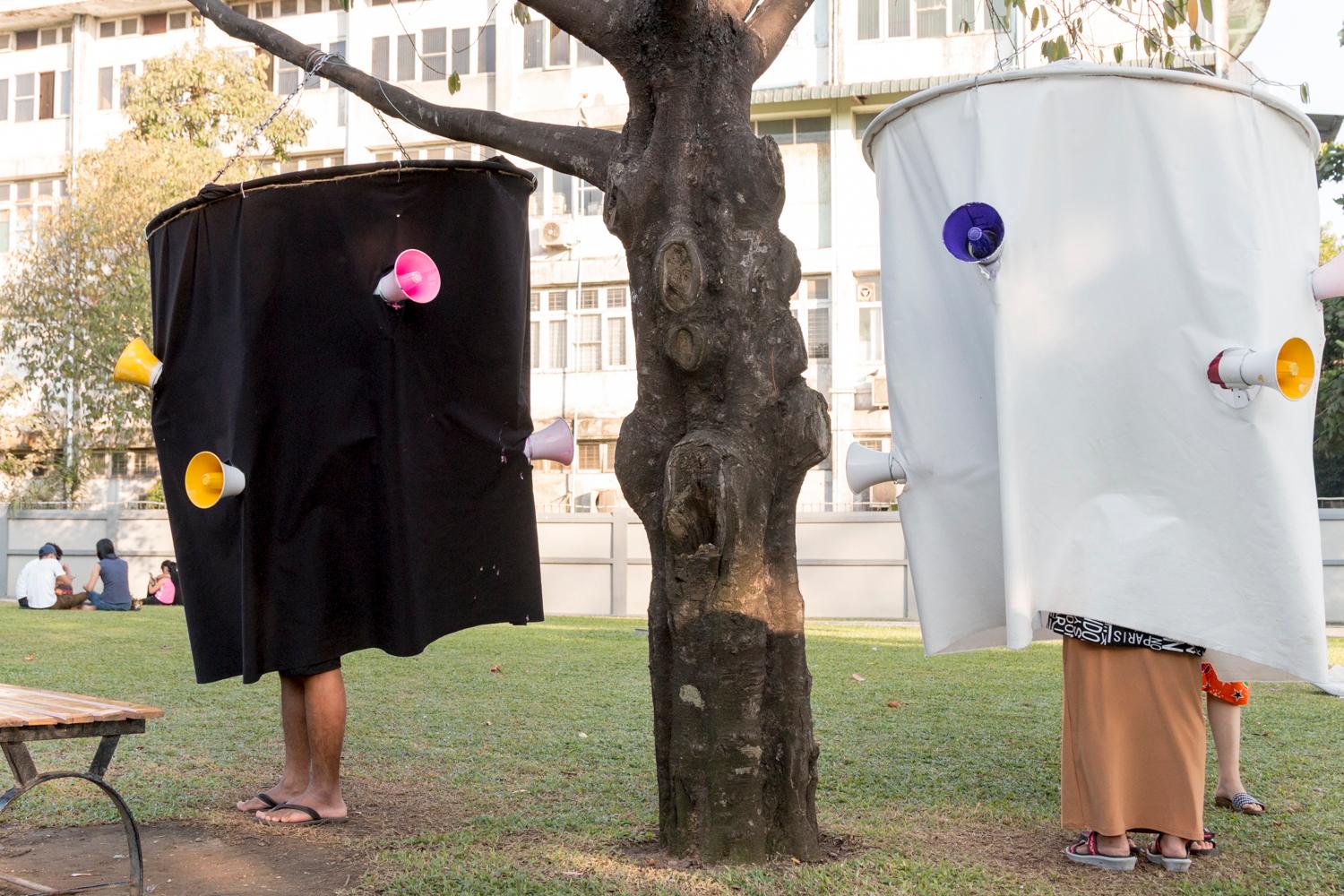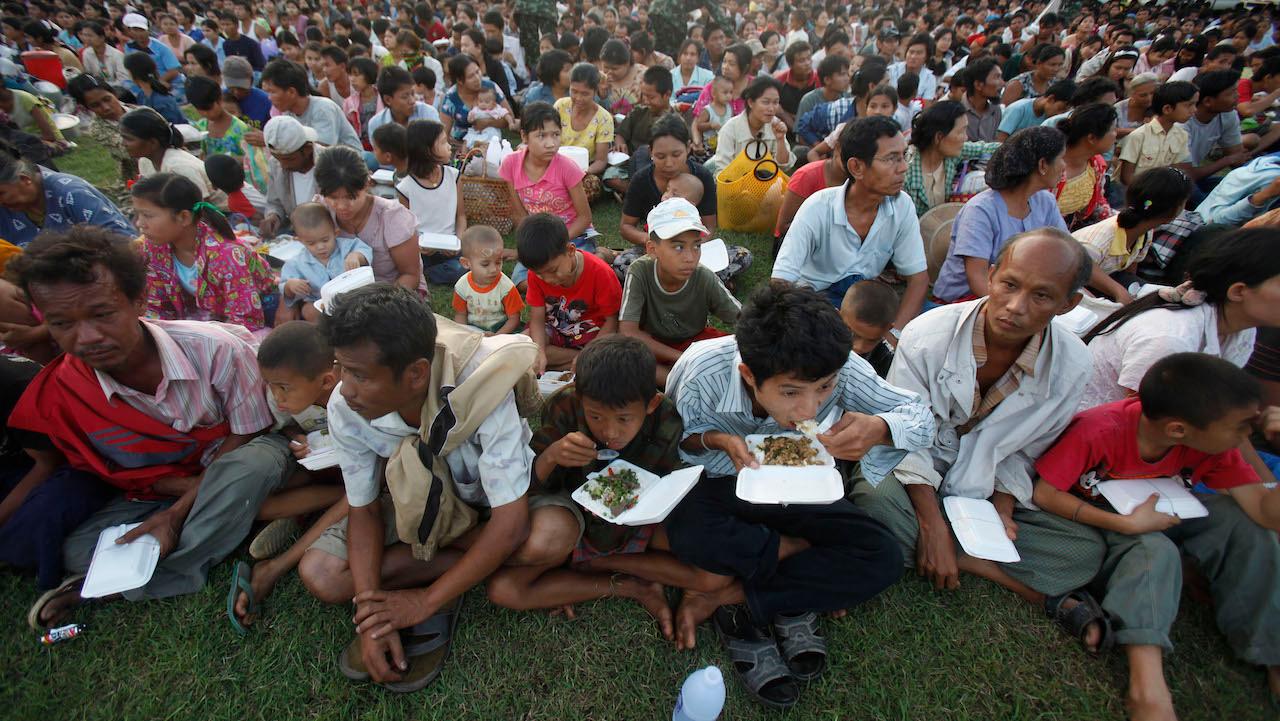Burma
Holocaust museum researcher finds early warning signs of genocide in Myanmar
The plight of Rohingya migrants stranded at sea puts a spotlight on conditions in the country they fled. Staffers from the United States Holocaust Memorial Museum were on a fact-finding tour to Myanmar this spring and found what they call a genocide in the making. Andrea Gittleman, program manager for the Museum’s Simon-Skjodt Center for the Prevention of Genocide, says recent violence and persecution of Rohingya could be early warning signs of greater atrocities to come.
Another migrant crisis is brewing in the Bay of Bengal
Hundreds, perhaps thousands, of migrants from Burma and Bangladesh are currently stranded at sea after being abandoned by their ships’ crews. And while nations like Thailand and Malaysia are refusing to let them land, at least some of the migrants — the Rohingya people — have nowhere to go.
Myanmar’s opium fields grow even as its government calls for complete eradication
Myanmar is one of the world’s largest producers of opium, second only to Afghanistan. And while the government has declared a goal of being drug-free by 2019, skepticism abounds among local politicians and officials — as well as the farmers who see growing opium as their only means for prosperity.


